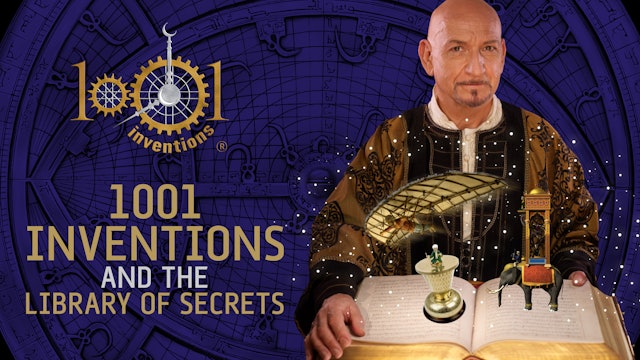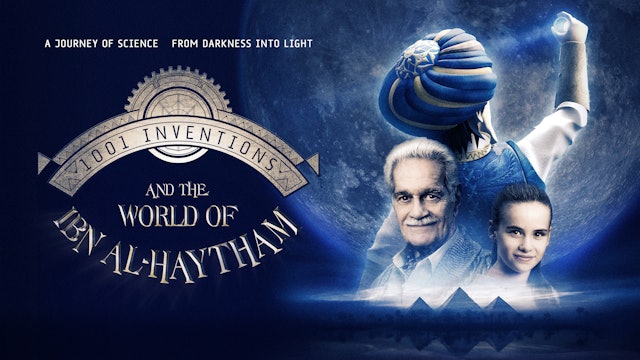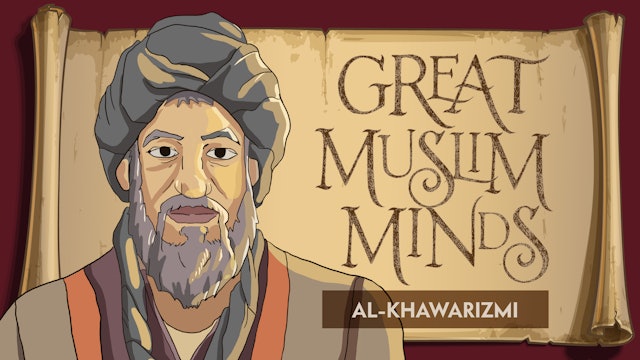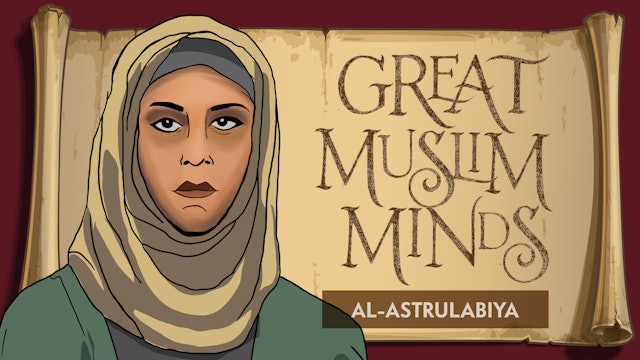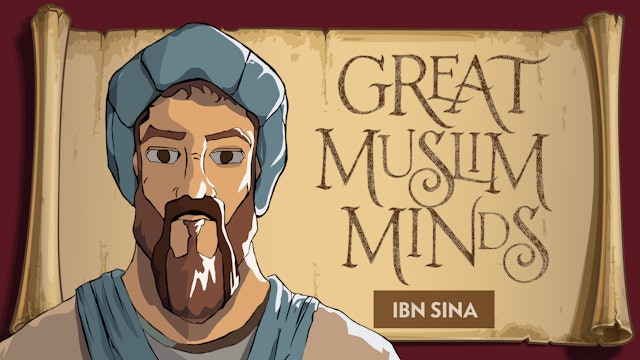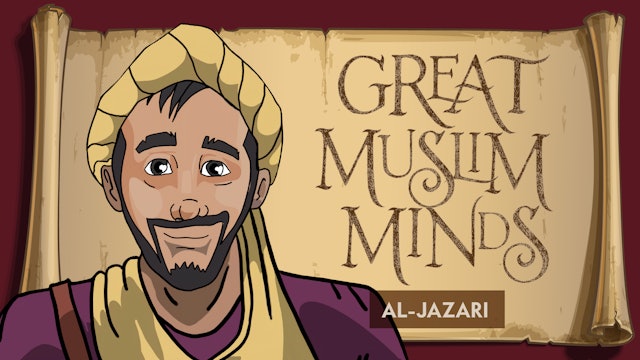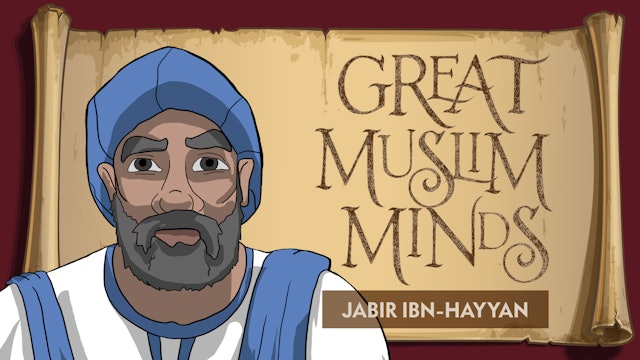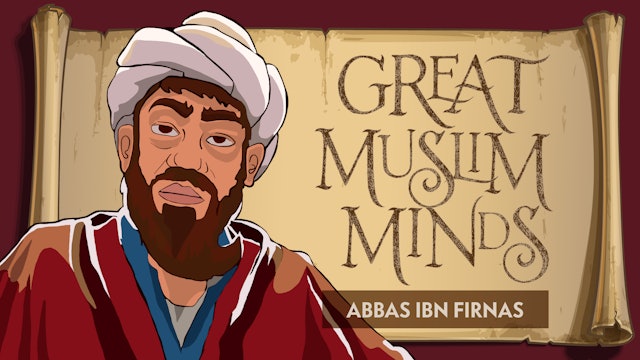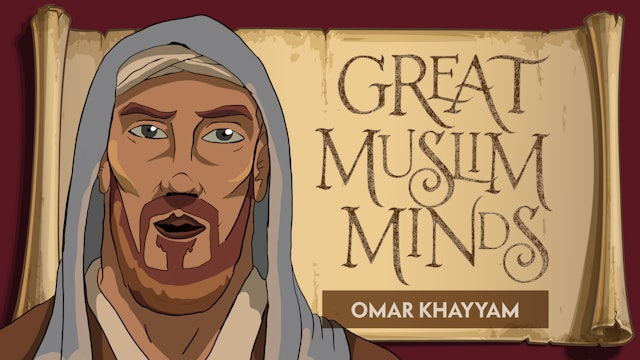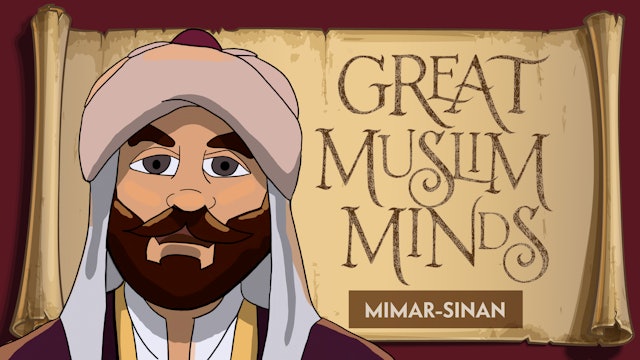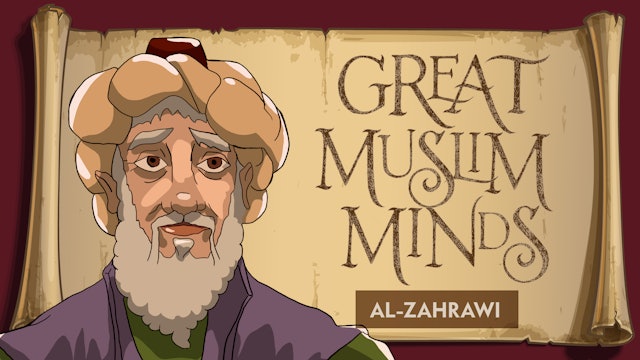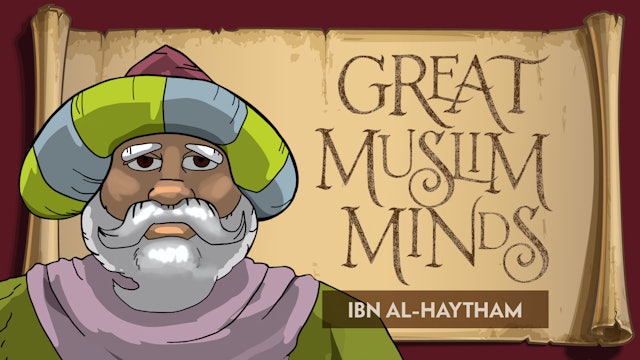Great Muslim Scientists and Thinkers
-
The Library of Secrets
Three school children visit a dusty library to research the story of 'The Dark Ages'. What they find changes their world view dramatically as ingenious inventors and pioneers of science and culture are vividly brought to life.
Starring Oscar-winning legend Sir Ben Kingsley in the role of The Lib...
-
The World of Ibn Al Haytham
The short film brings to life the fascinating story of the 11th century pioneer Ibn al-Haytham who made important contributions to the understanding of vision, optics and light.
Starring late legendary actor Omar Sharif, who guides in the quest of discovering the quest of the 11th century brave...
-
Al-Khawarizmi
Al-Khwarizmi's important works in mathematics, led to him being dubbed the 'father of Algebra'. One of his achievements in algebra was his demonstration of how to solve quadratic equations by completing the square. He was from Khorasan in Uzbekistan and around 820 CE he became the astronomer and ...
-
Al-Astrulabiya
Mariam Astrulabi was a Muslim scientist born in Syria during the 10th century. In fact, she is known to be the only female astronomer in ancient Islam. Mariam is known for developing Astrolabes, an ancient astronomical computer for solving problems relating to time and position of the sun and sta...
-
Ibn Sina
Often known in the west as Avicenna was a Persian polymath who is regarded as one of the most significant physicians, astronomers, thinkers and writers of the Islamic Golden Age, and the father of early modern medicine. Avicenna is also called "the most influential philosopher of the pre-modern e...
-
Jabir Ibn Hayyan
Popularly known as the father of chemistry, Jabir's works contain the oldest known systematic classification of chemical substances, and the oldest known instructions for deriving an inorganic compound from organic substances (such as plants, blood, and hair) by chemical means.
-
Abbas ibn Firnas
Ibn Firnas was a polymath: an inventor, physician, chemist, engineer, Andalusian musician, and Arabic-language poet who lived in Córdoba. A pioneer of aviation, Ibn Firnas built the first human carrying glider and is reputed to have had two successful flights. His work and ideas went on to influe...
-
Omar Khayyam
A Persian mathematician, astronomer, philosopher, and poet. He was born in Nishabur, in northeastern Iran, and spent most of his life near the court of the Karakhanid and Seljuq rulers in the period which witnessed the First Crusade.
-
Mimar Sinan
He was the chief Ottoman architect ("mimar") and civil engineer for sultans Suleiman the Magnificent, Selim II, and Murad III. He was responsible for the construction of more than 300 major structures and other more modest projects, such as schools. His apprentices would later design the Sultan A...
-
Al-Zahrawi
An Arab-Andalusian physician, surgeon and chemist. Considered to be the greatest surgeon of the Middle Ages, he has been described as the father of surgery. His principal work is the Kitab al-Tasrif, a thirty-volume encyclopedia of medical practices. The surgery chapter of this work was later tra...
-
Ibn Al-Haytham
An Arab mathematician, astronomer, and physicist of the Islamic Golden Age. Also referred to as "the father of modern optics", he made significant contributions to the principles of optics and visual perception in particular, his most influential work being his Kitāb al-Manāẓir, "Book of Optics",...

